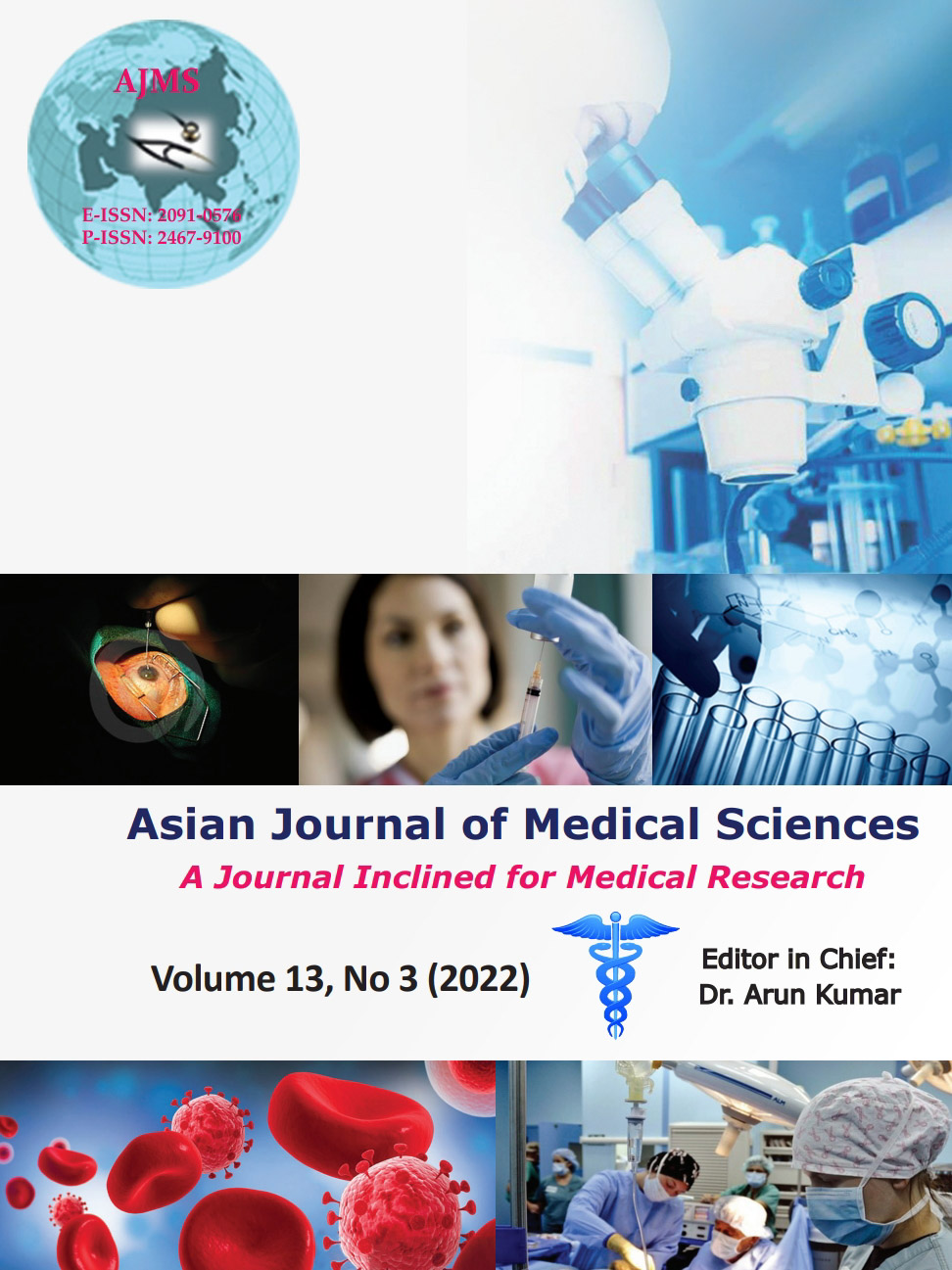Role of Science, technology and innovation for responding to Covid-19
Keywords:
Science and technology, Covid-19, Cultures, PandemicAbstract
The sudden outbreak of severe acute respiratory syndrome coronavirus 2 (SARS-CoV-2) in the year 2020, has had an impact on different fields of the human life including health sciences, economics, societies and international relations. Science and technology play a crucial role in fighting this ‘war without smoke’. The enormous power of science to manage the critical situation, arises during a pandemic and reminds us that by promoting scientific cultures we can overcome the situation. We must have faith on science in high regard. Although technology will not be able to restrict the onset of a pandemic; nevertheless, it can assist in dealing the emergency more effectively. During this time of sheer uncertainty and constant anxiety, our preparedness to adopt technology has been our lifeline. Certain applications of innovative approach of science and technology include distance learning, contact tracing applications, contactless online deliveries, dissemination of information, technology- based health services. Covid-19 has proved that technology innovations have been assisting in managing the epidemic in a timely, systematic, and peaceful manner. A moral learnt from the Covid-19 pandemic has been to stay well prepared in advance against any crisis at both an individual and national level. Progression in technology is steadily advancing; it will unquestionably continue to grow exponentially. We have to adapt changes in technology faster and continue to invest in building the technology systems for better awareness.
Downloads
Downloads
Published
How to Cite
Issue
Section
License
Copyright (c) 2022 Asian Journal of Medical Sciences

This work is licensed under a Creative Commons Attribution-NonCommercial 4.0 International License.
Authors who publish with this journal agree to the following terms:
- The journal holds copyright and publishes the work under a Creative Commons CC-BY-NC license that permits use, distribution and reprduction in any medium, provided the original work is properly cited and is not used for commercial purposes. The journal should be recognised as the original publisher of this work.
- Authors are able to enter into separate, additional contractual arrangements for the non-exclusive distribution of the journal's published version of the work (e.g., post it to an institutional repository or publish it in a book), with an acknowledgement of its initial publication in this journal.
- Authors are permitted and encouraged to post their work online (e.g., in institutional repositories or on their website) prior to and during the submission process, as it can lead to productive exchanges, as well as earlier and greater citation of published work (See The Effect of Open Access).




